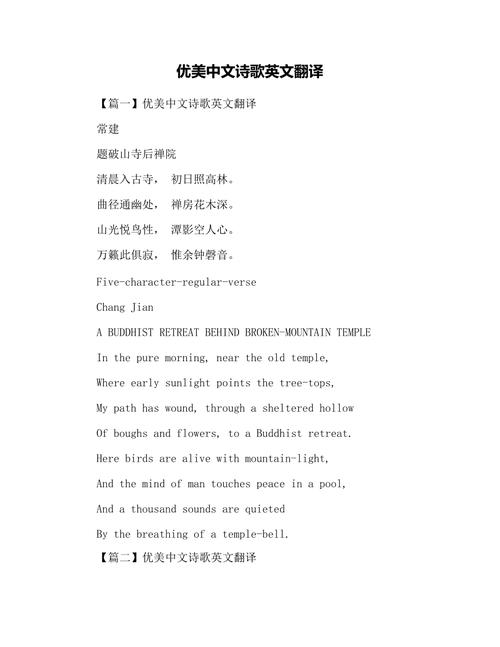The translation industry is a rapidly growing field that plays a crucial role in bridging the gap between different languages and cultures. Translators are responsible for converting written text from one language to another while carefully preserving the original meaning and context. In this article, we will explore the key aspects of the translation industry and provide insights into the skills and tools required to excel in this profession.
Professional translators need to possess a diverse set of skills to effectively convey meaning across languages. Some of the key skills required for successful translation include:
- Fluency in multiple languages: A deep understanding of both the source and target languages is essential for accurate translation.
- Cultural awareness: Translators must be sensitive to cultural nuances and adapt the translation to resonate with the target audience.
- Subject matter expertise: Specialized knowledge in specific fields such as legal, medical, technical, or literary translation is often required.
- Attention to detail: Translators must pay close attention to grammar, syntax, and terminology to ensure accuracy in their work.
- Time management: The ability to work efficiently and meet deadlines is crucial in the fastpaced world of translation.
While translation can be a rewarding career, it also comes with its own set of challenges. Some common challenges faced by translators include:
- Idiomatic expressions: Translating idioms and colloquialisms can be particularly tricky as literal translations may not convey the intended meaning.
- Technical vocabulary: Translating technical terms and jargon accurately requires indepth knowledge of the subject matter.
- Machine translation: With the rise of machine translation tools, translators must find ways to add value beyond what automated systems can provide.
- Editing and proofreading: Ensuring the quality of translated content through thorough editing and proofreading is essential but can be timeconsuming.
- Client expectations: Managing client expectations and requirements while delivering highquality translations can be a delicate balance.

Technology has significantly impacted the translation industry, offering a wide range of tools to enhance productivity and efficiency. Some essential tools for professional translators include:
- Computerassisted translation (CAT) tools: CAT tools such as SDL Trados, MemoQ, and Wordfast help translators streamline the translation process and maintain consistency.
- Dictionary and terminology databases: Resources like bilingual dictionaries, glossaries, and terminology databases aid in accurate translation of specialized terms.
- Machine translation software: While not a replacement for human translators, machine translation tools like Google Translate can be useful for generating initial drafts or understanding the gist of a text.
- Proofreading software: Tools like Grammarly and Hemingway help identify grammar and style issues, improving the overall quality of translations.
The translation industry offers a wealth of opportunities for multilingual professionals seeking a challenging and rewarding career. By honing their language skills, embracing new technologies, and staying attuned to industry trends, translators can navigate the complexities of this dynamic field with confidence and expertise.











